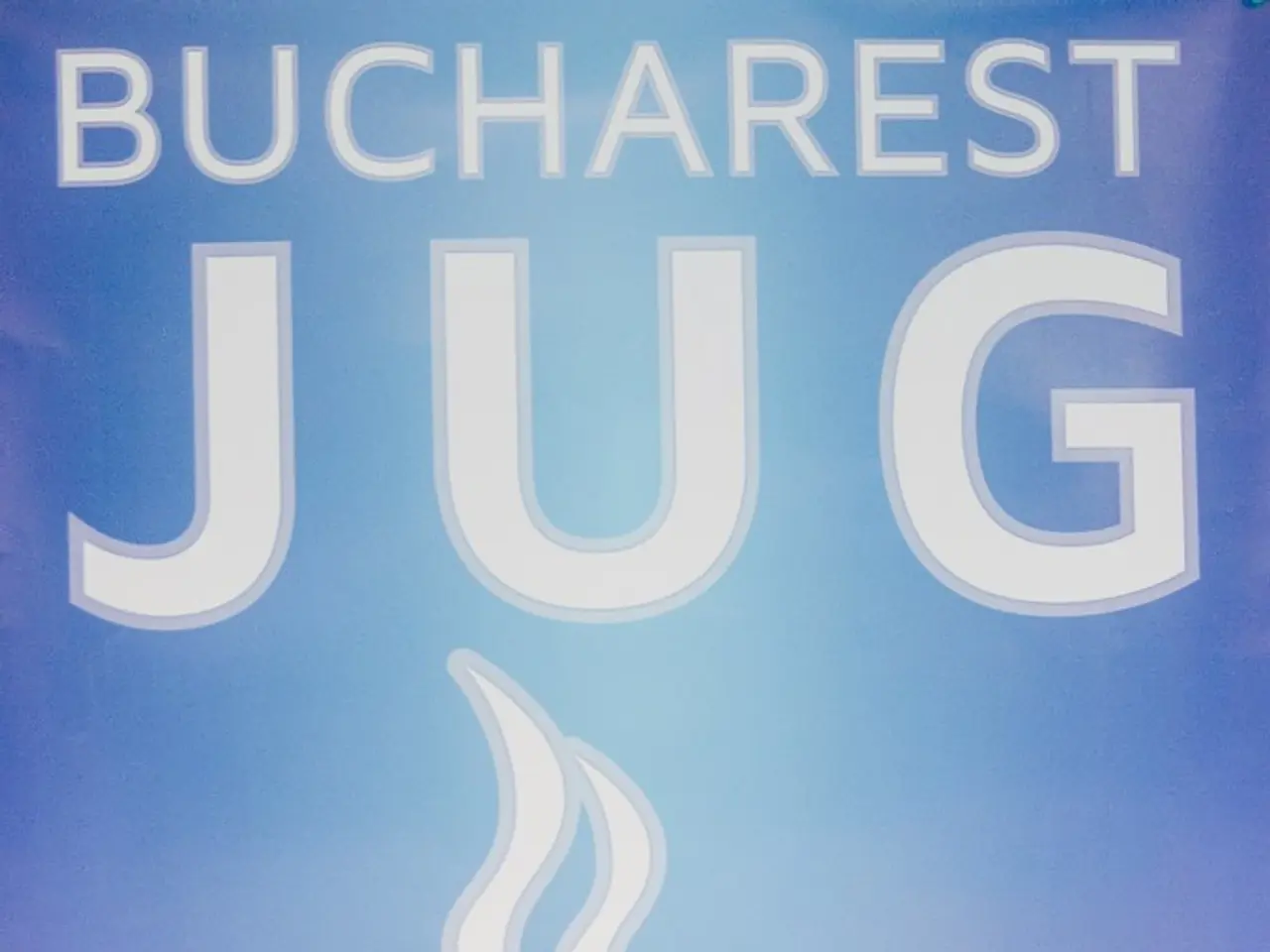politicians proposing financial assistance to citizens through rebate checks, aiming to provide direct benefits from tariffs implemented under former president Trump.
The U.S. Senator from Missouri, Josh Hawley (R-Missouri), has introduced a new legislative proposal that seeks to send a one-time $600 check to eligible Americans. This proposed stimulus program, reminiscent of the CARES Act, is designed to return a portion of the record tariff revenue generated by President Trump's tariffs directly to individuals and families earning below certain income thresholds.
The proposed program would be set up as a refundable tax credit, with the government sending checks this year should the bill advance through Congress and receive Trump's signature. The bill ensures that the amount provided to each adult and dependent child is at least $600. It also allows for a larger rebate per person should tariff revenue exceed projections.
According to Senator Hawley, this rebate makes sense because American consumers have effectively borne the cost of tariffs as a hidden tax on imports. The rebates would help compensate for the added financial burden. Critics, however, argue that by bilking U.S. corporations for revenue, the administration is asking for those companies to pass on the costs to consumers.
The majority of the tariff revenue comes from import duties on American businesses. Tariffs are essentially taxes paid by U.S. importers to the U.S. Treasury Department. If the bill advances and receives Trump's signature, this revenue would be used to offset the hidden consumer tax from tariffs.
The cost of the CARES Act significantly contributed to the national debt and fanned the flames of inflation. Hawley and supporters claim that this approach is a way to return money already collected through tariffs rather than increasing government debt directly. President Trump indicated interest in rebates but stated a bigger goal of debt reduction, suggesting that the funding for rebates from tariff revenue could avoid additional debt.
However, since tariffs can increase consumer prices, there is an existing inflationary effect from the tariffs themselves. The rebate aims to partially offset this financial burden. While this could reduce the net inflationary impact on consumers by returning some collected funds, it does not eliminate the underlying inflation caused by tariffs on imports.
In summary, the proposed $600 tariff rebate checks seek to return tariff revenue directly to eligible Americans. The funding source is the record tariff revenue (~$27–28 billion), generated mainly from Trump's 15% EU import tariffs. The rebate amount is a minimum of $600 per adult and child, phased by income thresholds. The purpose is to offset the hidden consumer tax from tariffs. The potential impact on debt is limited as the rebates are funded by tariff revenue, and the potential impact on inflation is partially mitigated by the rebates.
[1] The New York Times. (2020). Explainer: How the Money From Tariffs Flows to the Federal Government. https://www.nytimes.com/2020/07/11/business/economy/tariffs-trade-revenue.html [3] CNBC. (2020). Josh Hawley proposes $600 checks for Americans as part of 'tariff rebate' plan. https://www.cnbc.com/2020/07/10/josh-hawley-proposes-600-checks-for-americans-as-part-of-tariff-rebate-plan.html [5] CNN. (2020). Trump hints at possible 'little rebate' to help offset impact of tariffs. https://www.cnn.com/2019/08/20/politics/trump-tariffs-tax-rebate/index.html
- Senator Josh Hawley's proposed legislative bill, termed as a 'tariff rebate' plan, intends to return a portion of the record tariff revenue to eligible Americans as one-time $600 checks.
- The funding for these checks will come from the tariff revenue, primarily generated from Trump's 15% EU import tariffs, which is estimated to be around $27–28 billion.
- The tech and general news portal, Gizmodo, might report on the politics surrounding this bill, including the policy-and-legislation aspects, business implications, and potential future impacts on finance and inflation.
- Critics argue that the administration's strategy of bilking U.S. corporations for revenue to provide these rebates may lead to increased consumer costs, as companies could pass on these costs.




